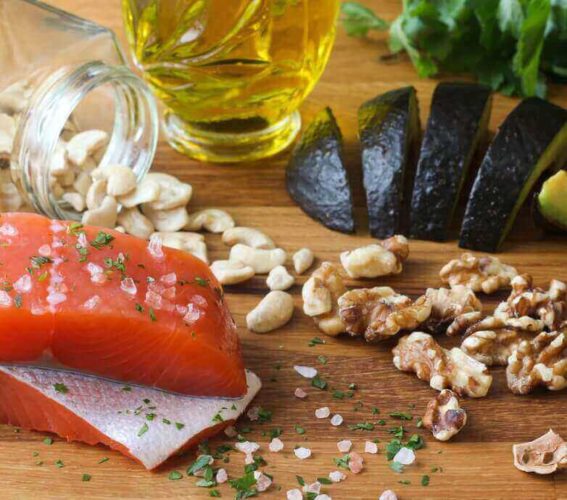Your diet has a direct impact on your health. Therefore, it is not surprising that it can help you prevent a stroke. Whether you have already suffered a stroke or want to prevent future strokes, your diet plays a key role.
Major contributors to stroke
Obesity, high cholesterol, and high blood pressure are all major contributors to stroke. All of these risk factors can be lessened and controlled through lifestyle changes such as adopting a healthy diet. A healthy diet for stroke patients or those at risk for stroke consists of anti-inflammatory foods that work to prevent plaque build-up in arteries while lowering cholesterol.
Proteins:
Processed, red meat and animal-based proteins can cause an extreme inflammatory response in the body. Cutting out animal-based proteins altogether is a lot to ask for, but making small replacements for most of your weekly meals will have a positive, long-term payoff for your health.
Acceptable animal-based proteins:
- Poultry: chicken, turkey, duck, goose, pheasant, and quail.
- High-omega fish: salmon and trout
- Grass-fed meats: wild game, venison, boar, lamb, and beef
Acceptable plant-based proteins:
- Meat substitute products
- Hemp tofu
- Grain-free tempeh
Omega-3 and Omega-9 fatty acids:
Fatty acids are really great at fighting inflammation within the body. If you have trouble obtaining omega fatty acids through your diet, fish oil supplements are an acceptable substitution.
- Salmon
- Sardines
- Anchovies
- Flaxseeds

- Spinach
- Kale
- Broccoli
- Bok choy
- Chard
- Arugula

In addition to an anti-inflammatory diet, taking up physical activity can have a tremendous effect on your health and well-being. To have an additional impact on lowering your risk of stroke, make sure you exercise regularly. Not only can it lower your blood pressure, but it can also help you lose weight and thus have a positive effect on your stroke risk.



